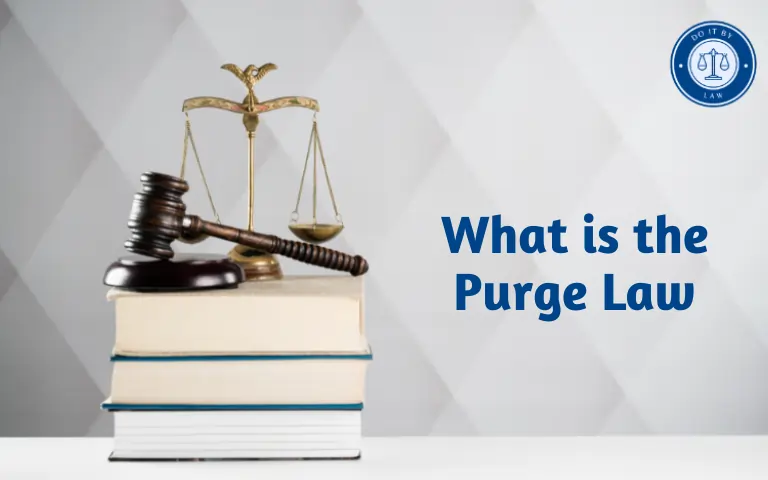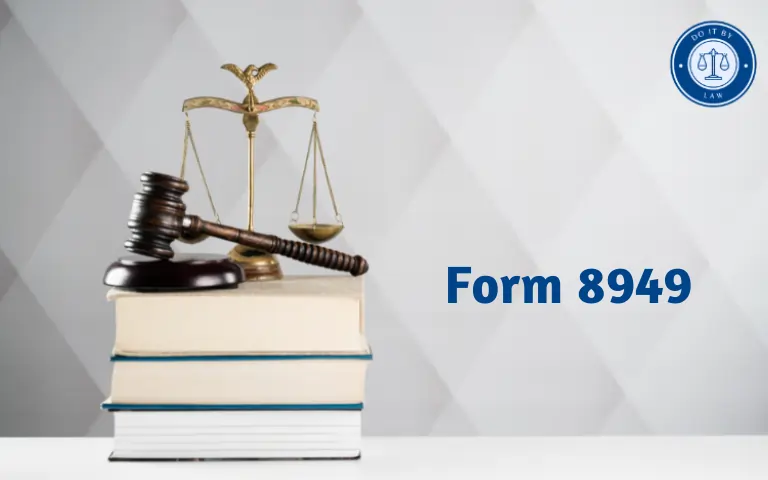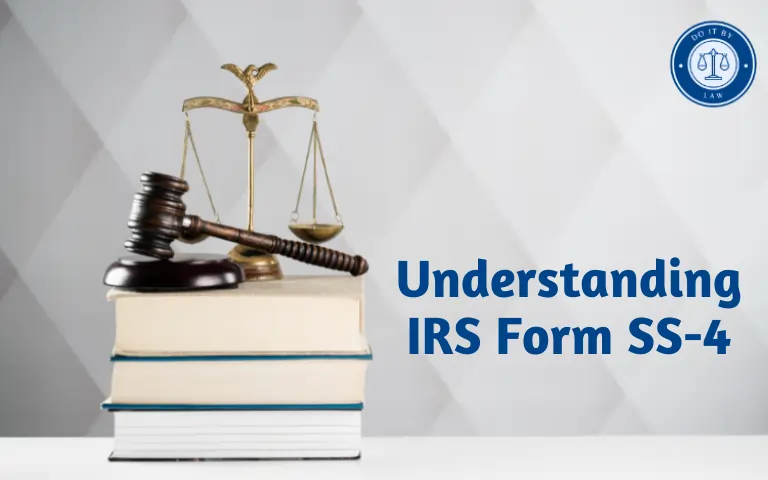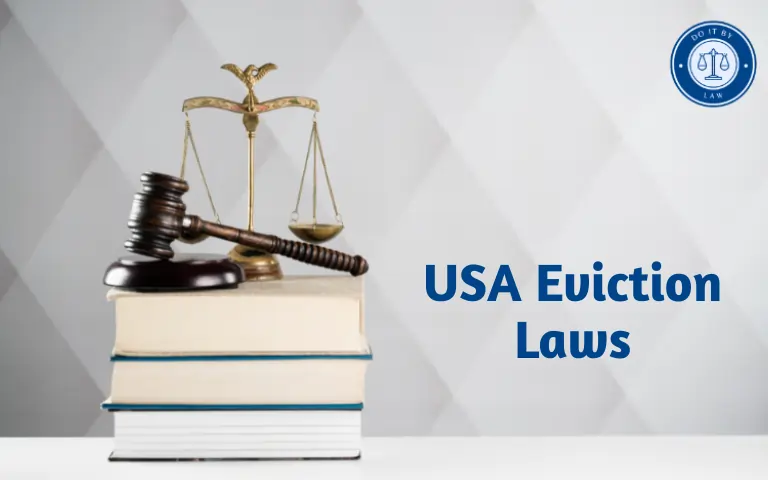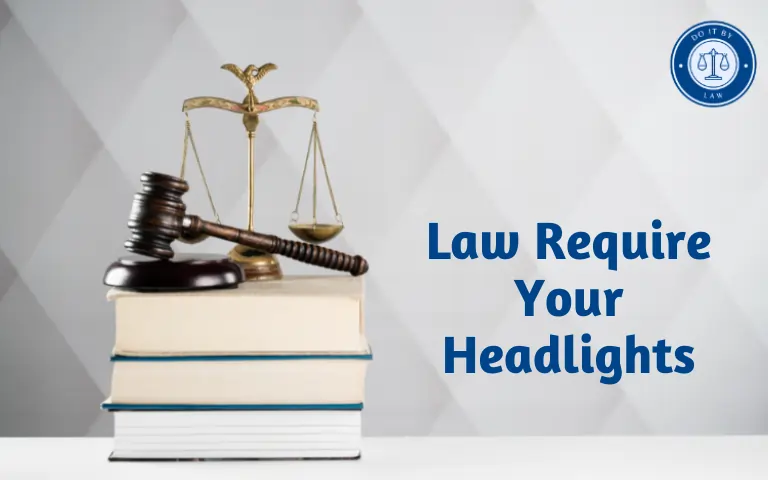What is the Purge Law? Examining the Reality Behind the Fictional Concept
If you’ve seen the popular “purge law” thriller movies, you’re familiar with the disturbing premise – one night each year when all crime, including murder, is completely legal without police intervention. This 12-hour free-for-all unleashes humanity’s darkest violent tendencies for supposed cathartic release.
In the film’s mythology, this “purge State law” is the brainchild of a totalitarian political party that rises to power in dystopian future America. They claim allowing a controlled outlet for aggression one night a year promotes peace and prosperity the rest of the time. But can such a law exist in reality? Is it legally or morally sound?
In this in-depth examination, we will explore the fictional purge law concept, analyze its legal and ethical viability in the real world, and discuss related issues of vigilantism, power abuses, social psychology, and justice. While thankfully no such law exists, scrutinizing this authoritarian idea illuminates timeless debates over human nature, violence, justice, and the social contract.
Examining the Purge Law in Film Mythology
In the movie series, the New Founding Fathers of America’s political party introduced the purge law as a societal experiment when they took power in the late 2010s. The 28th Amendment to the U.S. Constitution establishes an annual 12-hour “Purge Night” where all crime, including murder, is completely legal across America. All emergency services are suspended during the purge hours, though certain restrictions apply:
- Government officials ranking 10+ are granted immunity from harm
- Lower-ranking officials and purge opponents can be targeted
- Weapons above a certain destructive magnitude are prohibited
- Purge activities cannot damage government property
This means police, firefighters, hospitals and other protective services cease intervening for the duration of the purge. However, those with means can purchase security services or hide behind fortified homes to ride out the chaos. The unrestrained violence attracts sociopaths but also allows vendettas. In the third film, an underground movement seeks to end the purge law through sabotage and civil disobedience.
Critically Analyzing the Purge Law Premise
Entertaining for film, in reality, the purge law represents a swift descent into authoritarian barbarism enabled by a complete perversion of the rule of law. This discriminatory edict suspends equal protection, encourages the strong to prey upon the weak, and effectively subsidizes widespread murder. Defenders claim cathartic benefits but the costs shock the conscience, violating numerous Constitutional provisions and core democratic principles:
- Suspension of due process rights – The 5th and 14th Amendments guarantee citizens’ rights cannot be deprived without due process. But the purge abandons justice, preventing police and courts from protecting the vulnerable.
- Equal protection clause violation – The 14th Amendment requires equal protection under the law. But the purge creates a hierarchy based on wealth and connections, allowing the privileged to attack the undefended.
- 8th Amendment violation – licensing murder, assault, and sadistic violence exceeds permissible punishment severity and constitutes cruel and unusual punishment.
- Homicide laws violation – Longstanding homicide statutes prohibiting murder are superseded, allowing wholesale slaughter for twisted political ends.
- Destruction of rule of law – The purge abolishes laws passed through democratic processes and institutions, replacing legislative order with authoritarian brutality dictated by rulers.
- Vigilantism promotion – Upending the government’s monopoly on legal force, the purge promotes decentralized anarchic violence by private citizens and groups pursuing their agendas.
- Social contract rupture – Thomas Hobbes described the social contract as citizens surrendering some rights to an absolute ruler to maintain order and security. The purge law destroys that security obligation.
While cinematic, the purge concept should chill viewers for glamorizing the collapse of democracy, rule of law, and social stability in favor of authoritarian barbarism marketed through cynical promises of prosperity and freedom.
Related Legal and Social Analysis
Analyzing themes raised by the imagined purge law also illuminates several broader societal issues surrounding violence, justice, governance, and human nature:
Vigilantism
Vigilantism arises when people take law enforcement into their own hands through extrajudicial violence and intimidation rather than proper legal processes. Though often rationalized as necessary given inadequate official responses, unchecked vigilantism can spiral into mob justice claiming innocent victims. The purge law represents vigilantism institutionalized and taken to the most nihilistic extremes. But what conditions plausibly enable descent into such lawlessness?
- Government legitimacy crisis – Lack of confidence in institutions to deliver justice and maintain order creates openings for vigilante elements.
- Ineffectual law enforcement – If police and courts cannot or will not respond to perceived threats, vigilante actions seem justifiable.
- Cultures of honor – Social norms in some communities impose expectations of violent self-help in response to disrespect or other offenses.
- Ideological extremism – Radical dogmatic beliefs may view violence as an acceptable means, with critics dehumanized as apostates or infidels deserving destruction.
While cathartic for some perpetrators, justified vigilante violence targeting wrongdoers easily expands into indiscriminate extrajudicial brutality and revenge unchecked by legal constraints.
Authoritarianism and the Social Contract
The purge law also ties into debates over authoritarianism and the expectations of government under social contract theory:
- Are strong authoritarian measures ever justified to bring order and security when democratic institutions seem inadequate?
- Or does authoritarianism’s dismissal of democratic norms inevitably lead to greater injustice and oppression of the vulnerable?
- Does sacrificing some freedom and rights to centralized authority provide necessary order as thinkers like Thomas Hobbes argued?
- Or are individual rights inviolable constraints on governmental power per John Locke’s view of the social contract?
- What happens when ruling authorities renege on their social contract obligations to protect people’s rights and security?
- Are there ethical limits on what governments can legitimately do to pursue policy goals? Or as Niccolò Machiavelli argued, does holding power itself confer and define morality?
Debating authoritarian power versus checks like democratic consensus and rights protections remains an enduring tension in political philosophy with a direct bearing on the purge law premise.
Hatred, Scapegoating, and Control
The purge also ties into troubling human tendencies around hatred, scapegoating, and control:
- Channeling frustration and prejudice into hatred against marginalized groups provides warped solidarity. This dehumanization makes violence psychologically easier.
- Scapegoating others as immoral or dangerous threats requiring severe suppression can unleash brutality and justify atrocities.
- Positioning violent oppression as righteous crusades or defense against supposed villains rationalizes appalling cruelty.
- Demagogues exploit feelings of resentment, helplessness, and wounded pride, offering convenient targets for vengeance.
- Letting hatred and fear drive policy devolves into cycles of repression and retaliation destroying moral boundaries.
By examining how violent regimes channel darker human instincts, we can recognize the patterns and check those tendencies within ourselves and society. Unrestrained, they corrode justice, morality, agency, and humanity itself.
Key Questions about the Purge Premise
- Would formally “legalizing” crime curb violence overall by providing a structured outlet for aggression? Or would it simply normalize brutality?
- Does the purge law’s temporary suspension of rights expand freedom? Or is it an illusion masking the state’s failure to secure true justice and equality before the law?
- Could an inherently unequal and biased process like the purge possibly bring social benefits given the suffering inflicted on victims?
- What precautions would plausibly prevent the cathartic purge from devolving into wanton societal destruction and tyrannical oppression?
- How does suspending laws agreed upon through democratic processes differ from a dictatorship unilaterally imposing oppressive decrees?
- Does the purge law abandon the very purpose of enlightened governance – upholding human rights and dignity?
Rather than swallowing cynical political marketing, we must ask hard moral questions when presented with authoritarian policies unleashing society’s worst excesses.

